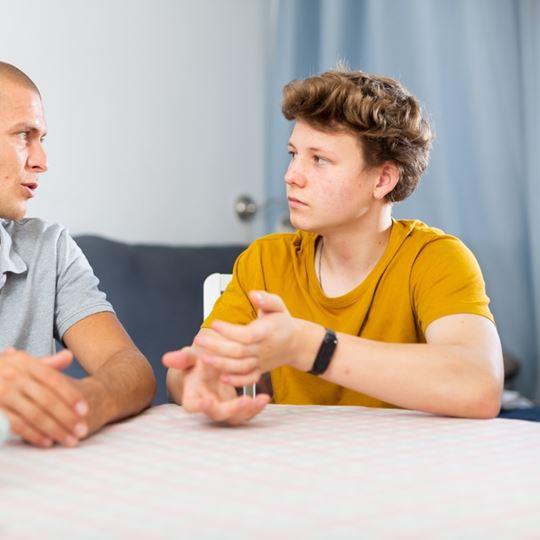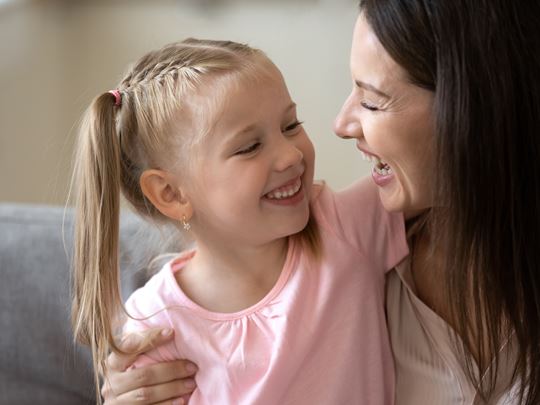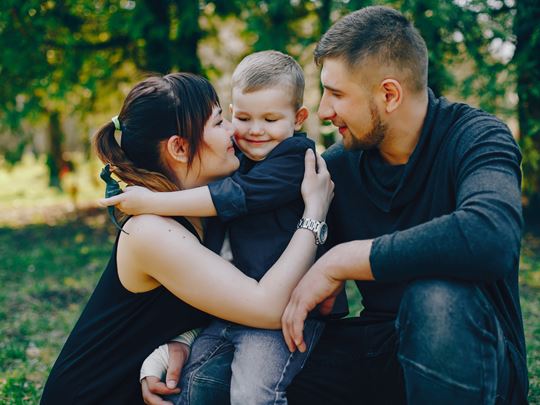How war affects young people’s mental health
War and violence affect children and young people differently. Some may have family members living in the country at war and be frightened for their safety, while the impact on others may be more indirect.
“Remote exposure”
“Remote exposure” is a term used to describe when a child understands that something traumatic has happened, such as war or terror attacks, but has not experienced it directly. This can result in feelings of fear and grief, trauma, and mental health difficulties.
What about children in care?
For children in care, consuming information about war through the news or social media can compound their own difficult past experiences. For example:
- They may have been forced to flee their home due to war or fear of persecution, so being exposed to the conflict may feel like they are reliving those experiences again.
- They may have previously survived difficult experiences, such as food and shelter insecurity, conflict and aggression within the home, or sexual violence, which can bring up difficult feelings.
As a foster parent, it’s important that you check in regularly with your young person, ask open questions about how they are feeling, and stay attuned to their internal world.
How to talk to your child about war
News spreads faster than ever in today’s digital world, so it’s likely that your child or young person will be aware of the events happening in Israel and Gaza, as well as other conflicts happening around the world.
Here are some ways that you can talk to your child about war and support their mental health…
1) Make time to talk
If your child tries to start a conversation with you about the war, even just a small comment, make time for them to share what they know and how it makes them feel.
It may not always be the most convenient time or place, but it’s important that your child knows that they can always speak to you about their thoughts and feelings, and what the war might be bringing up for them.
2) Make conversations age-appropriate
Younger children may not be as aware of the situation as older ones, and so it’s best to not overwhelm or frighten them with too much information. Saying something like, “Sometimes countries fight” can be enough.
If your child asks questions, make sure your answers are factual, using familiar language and references that they will understand, and try not to over-explain.
3) Offer reassurance
While your child might be feeling frightened, angry or even guilty, it’s important that you reassure them that it is not their problem to solve. Instead, let them know that adults from all around the world are working hard to end the conflict.
4) Fill in the knowledge gaps
Young people often receive a lot of their information from online sources, such as YouTube and TikTok. While there are lots of reputable content creators, some information can be misleading, flawed or even biased.
It’s therefore really important to respectfully have conversations about what they know and where they got the information from, so you can fill in the blanks, offer some history, and share your knowledge too.
5) Minimise exposure
While it will be difficult to avoid coverage completely, there are steps you can take to limit your young person's exposure to distressing information, including:
- Avoid watching the news until your child goes to bed.
- Switch to a music playlist rather than a radio station while driving in the car with your child.
- Consider introducing a rule around not having phones switched on after a certain time – while this won’t stop them from discovering news, it limits the amount of time they are being exposed to it.
Support for children
If you’re fostering a child with Orange Grove and you’re concerned about how the war is affecting your young person, then speak to your supervising social worker as soon as possible. They will be able to work with you to ensure your child receives the support they need during this difficult time.






